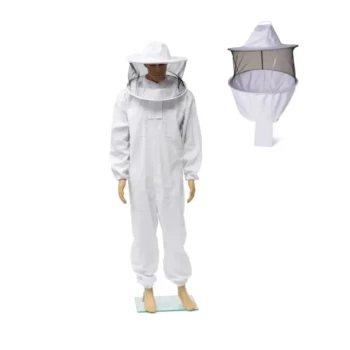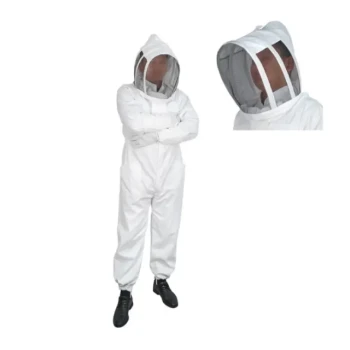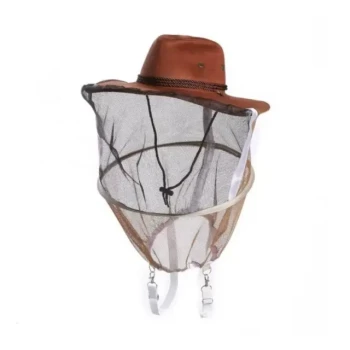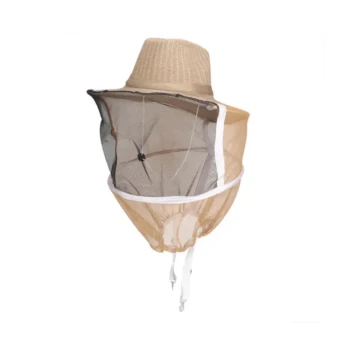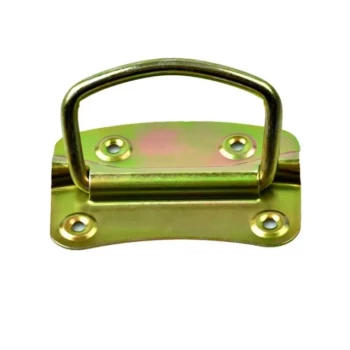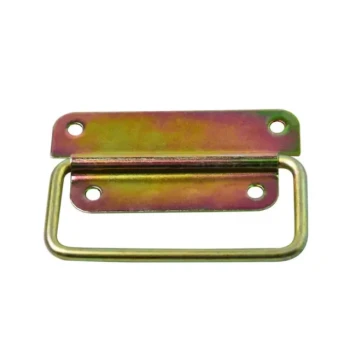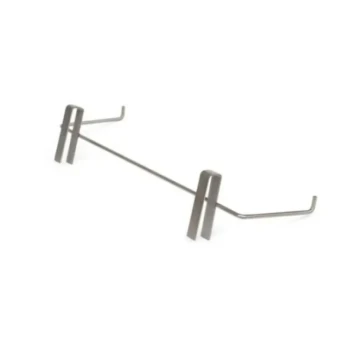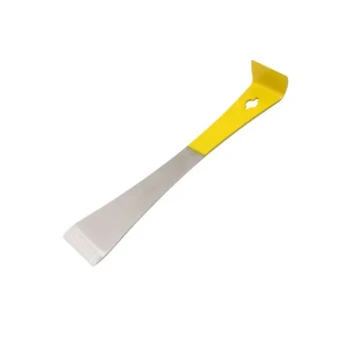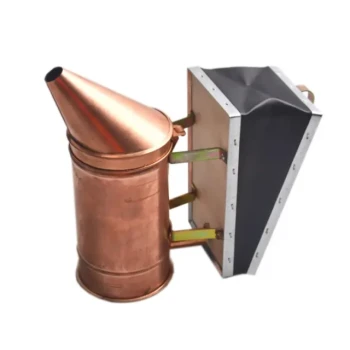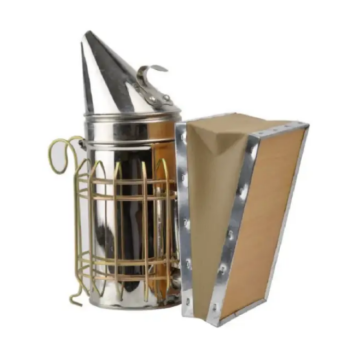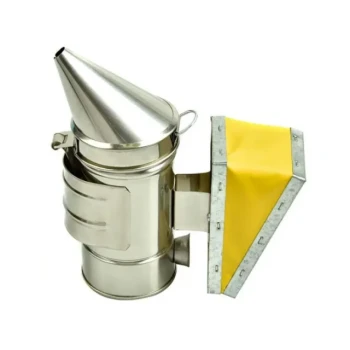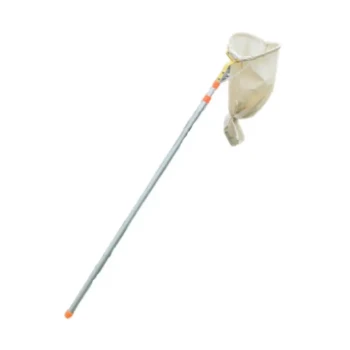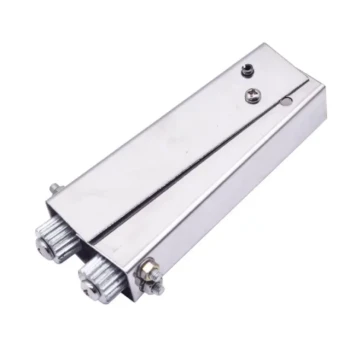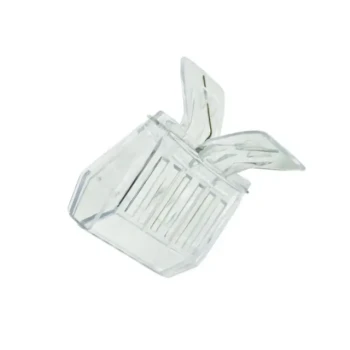Yes, there are specific situations where an experienced beekeeper might work without a full suit, but this is always a calculated decision, not a casual one. For any new beekeeper, a full suit is non-negotiable. For an expert, forgoing a suit is only considered for the briefest, most non-invasive tasks, like refilling a top feeder, when the colony's temperament and weather conditions are ideal.
The decision to wear a bee suit is fundamentally a risk assessment. While forgoing one may seem like a mark of experience, the professional standard is to use protection to ensure both the beekeeper's safety and the colony's calmness.
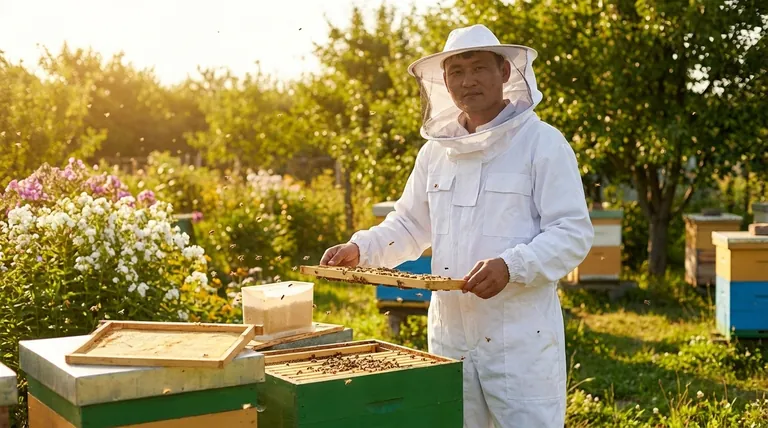
Why a Full Suit is the Professional Standard
Before considering the exceptions, it's critical to understand why a bee suit is the default and most essential piece of equipment for any beekeeper.
For New Beekeepers: A Non-Negotiable Tool
For anyone new to beekeeping, a full suit should be worn for every single hive visit. You are still learning to read bee behavior and your movements may be less deliberate, which can alarm a colony. A suit provides the confidence needed to learn without the fear of stings.
Maintaining Calm and Control
A bee suit allows you to remain calm even when bees become defensive. If you are not worried about stings, you will move more slowly and gently. This calm demeanor is transmitted to the bees, helping to prevent a defensive situation from escalating.
A Barrier to Stings and Venom
The primary function is obvious: a suit prevents stings. This is not just about avoiding pain. It prevents the release of alarm pheromone from the first sting, which can trigger a chain reaction and a mass attack from the colony.
When Experienced Keepers Might Forgo a Suit
An expert beekeeper may choose to wear less than a full suit only when several specific conditions are met simultaneously. Skipping one of these conditions significantly increases the risk.
The Task is Quick and Non-Invasive
This is the most important factor. The task must not involve opening the brood box or disturbing the colony's core structure. Examples include refilling an external or top feeder, making a quick observation from the entrance, or adding a super on a very calm day. Full hive inspections always require a full suit.
The Hive's Temperament is Known
Experienced keepers develop an intimate knowledge of their individual hives. Some colonies are genetically more docile than others. A beekeeper would only consider working without a suit on a hive they know to be consistently gentle.
The Weather and Time of Day are Ideal
Bees are most calm on warm, sunny, and clear days, typically between mid-morning and mid-afternoon. Many of the foragers are out of the hive, and the remaining bees are less defensive. Cool, overcast, windy, or rainy weather makes bees agitated and more likely to sting.
The Beekeeper's Experience is High
An experienced beekeeper can interpret the sound and behavior of the hive. They can hear the "mood" of the colony change from a low hum to a high-pitched buzz, signaling it's time to back away. This skill only comes with years of practice.
Understanding the Trade-offs and Risks
Choosing not to wear a suit is a trade-off that prioritizes convenience over safety. The potential downsides are significant.
The Inevitability of Stings
If you work bees without protection, you will get stung. It is not a matter of if, but when. A single awkward movement or a bee getting caught in your clothing is all it takes.
The Risk of a Defensive Cascade
A single sting releases an alarm pheromone that smells like bananas. This signals a threat to other bees, who may then join the attack. A calm hive can become dangerously aggressive in seconds, a situation that is difficult to control without protection.
The Danger of Developing Allergies
While rare, it is possible to develop a serious allergy to bee venom from repeated stings over time. What was once a minor, localized pain can become a systemic, life-threatening reaction. This is a serious long-term health risk to consider.
Making the Right Choice for Your Apiary
Your decision should always be guided by a "safety first" principle. Use this framework to decide on the appropriate level of protection.
- If you are a new beekeeper: Always wear your full protective suit for any interaction with your hive.
- If you are performing a full hive inspection: Wear your full suit, regardless of your experience level.
- If you are an experienced keeper with a known calm hive: You might consider only a veil and gloves for a quick, non-invasive task like checking an external feeder on a perfect day.
- If the weather is poor or the hive is agitated: Always default to full protection, no matter how small the task.
Ultimately, proper protective gear empowers you to be a calmer, more effective, and safer beekeeper.
Summary Table:
| Situation | Recommended Protection | Key Consideration |
|---|---|---|
| New Beekeeper / Any Hive Visit | Full Bee Suit | Non-negotiable for safety and confidence |
| Full Hive Inspection | Full Bee Suit | Always required, regardless of experience |
| Quick, Non-Invasive Task (Expert Only) | Veil & Gloves (Optional) | Only with known calm hive, ideal weather, and high skill |
| Poor Weather / Agitated Hive | Full Bee Suit | Default to maximum protection to avoid defensive cascade |
Protect Your Passion with Professional-Grade Gear
Ready to outfit yourself or your commercial operation with durable, reliable beekeeping suits and equipment? HONESTBEE supplies top-tier beekeeping supplies and equipment to commercial apiaries and beekeeping equipment distributors through our wholesale-focused operations.
Contact us today to discuss your needs and discover how our products can enhance safety, efficiency, and peace of mind in your apiary.
Visual Guide
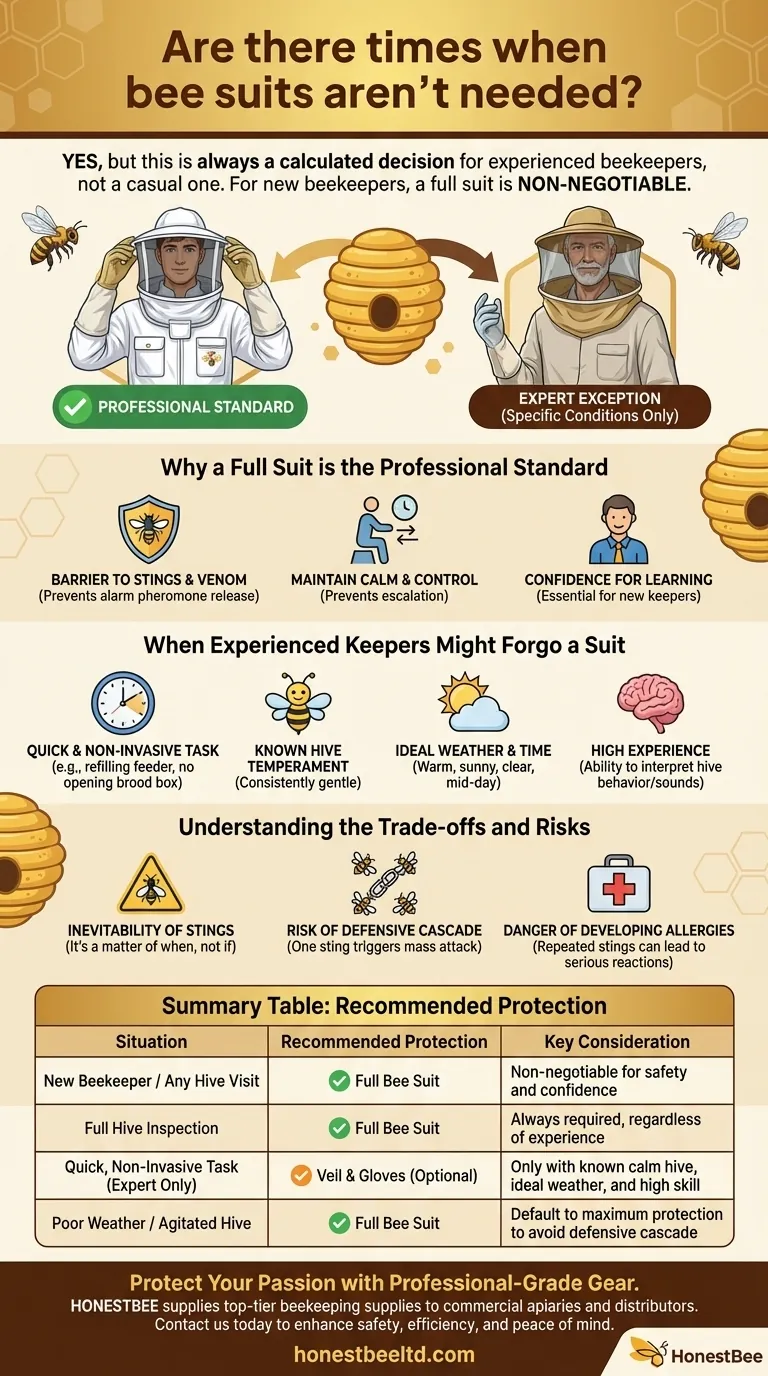
Related Products
- Professional Cotton Beekeeper Suit with Round Veil Design for Commercial Apiaries
- Beekeeping Jacket with Hood and Veil for Beekeepers
- Premium Cotton Beekeeper Suit with Reinforced Fencing Veil
- Professional Beekeeping Suit for Kids and Girls Childrens Bee Keeper Suit
- Premium Cowboy Beekeeper Hat with Visibility Veil Outdoor Professional Beekeeping Protective Gear
People Also Ask
- What are the advantages of a beekeeping jacket? Superior Mobility & Comfort for Routine Hive Inspections
- Why is the fit of elasticated cuffs and closures critical in beekeeping protective apparel? Secure Your Apiary Safety
- What protective gear do beekeepers use during hive inspections? Essential Gear for Safe & Confident Beekeeping
- What safety measures are essential when handling bees? Expert Tips for Personal Protection and Hive Safety
- What accessories should be worn with a beekeeping suit? Complete Your Head-to-Toe Protection System
- What are the functions of bee smokers and protective bee suits? Enhance Safety and Efficiency in Your Commercial Apiary
- How do protective consumables and site screening strategies mitigate pesticide impacts? Shield Your Bee Colonies Now
- What is the function of professional protective consumables? Scale Your Apiary with Ventilated Bee Suits
